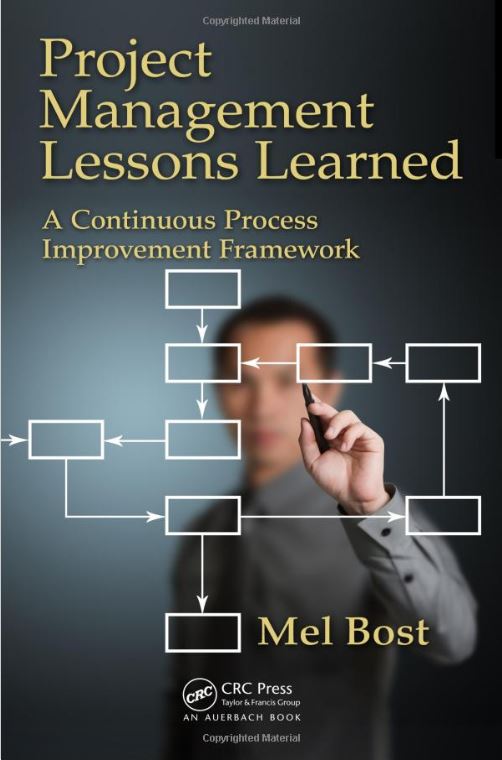Jack Roth was a project manager who had been managing a major project for a large PMO for about nine months. The project had a two year duration, and was slated to provide new functionality and systems for a major revenue component of the company.
One morning Jack arrived at the office to hear the news that a Program Manager who had been managing a major effort that linked three projects into a program was leaving the company to join a major competitor.
Jack had often thought “What would I do if offered an opportunity to take over a major program in this company? I am not sure I am ready, but there may be little time to think about it if the offer comes.”
Jack called his wife Susan to tell her of the news, and to discus the ideas he had considered in making such a move. Of course, someone else might get the opportunity so he decided not to get too excited about it. Susan and Jack had often talked about such a “break” and what he might do in case it came. But they had never really done much planning because things always seemed so stable in Jack’s company.
Susan told Jack about a story she was familiar with regarding Leonard Bernstein, the great conductor of the New York Philharmonic Orchestra. She emailed him a link to the story from “America’s Story,” a collection of stories about the lives of great Americans.
That story is set forth below:
——————————————————————————————–
Leonard Bernstein’s Debut
Many people’s careers begin after they get a “break.” On November 14, 1943, Leonard Bernstein made his debut as a conductor for the New York Philharmonic at Carnegie Hall in New York City. This was Bernstein’s “big break,” and a major turning point in his career. He got this break because he was substituting for another conductor, Bruno Walter, who had fallen ill.
Bernstein had been appointed Assistant Conductor for the New York Philharmonic only a few months before that night. Just 25 years old, he was relatively inexperienced. At the last minute, Bernstein was told he was to take Walter’s place, so he did not have any time to rehearse. The music he was going to conduct was very difficult. Plus, the concert was going to be broadcast nationally on the radio. Despite all these pressures, Bernstein rose to the occasion and received a standing ovation at the end of the concert. The event made national headlines, and Bernstein became famous overnight.
Some people feel they do their best under the most stressful of circumstances. Have you ever been asked to do something you weren’t prepared to do? How well were you able to perform? What was it about Leonard Bernstein that made him do so well in such a difficult situation?
Perhaps Leonard Bernstein did so well because music was his passion. The son of a man who supplied hairdressing products, Bernstein became interested in music at the age of 10. By the time he was a teenager, he was performing in public. He became a soloist with the Boston Public School Orchestra, and for 13 weeks in 1934, played classics on the radio.
—————————————————————————————————
As they finished their conversation and Jack had put away his cell phone, he thought to himself “Do I have the passion for project management that Bernstein had for music?” He reflected back over some of the crises he had handled in his project assignments and his desire to excel in this field.
Suddenly the office phone rang. Jack picked it up. “Hello, Jack Roth here.”
“Jack, it’s Peter Stevens.”
Peter was the Vice President, Program Management and Strategy Office for the company.
Peter continued “Jack, could you see me at 2 PM this afternoon to talk about a new assignment?”
“Yes, Peter, I will see you in your office at 2 PM. Thanks so much for calling.”
![]()


Leave a Reply